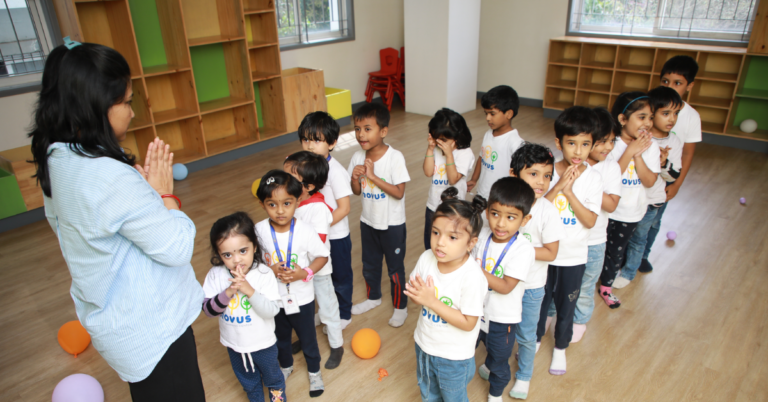How to Teach Effective Communication
betbhai com whatsapp number, playexch, lotus365 in login password:Effective communication is a crucial skill that everyone should master, whether in the workplace, in relationships, or in everyday interactions. Being able to convey your thoughts and ideas clearly and effectively can lead to better understanding, improved relationships, and increased productivity.
So, how can you teach effective communication to others? Whether you are a teacher, a mentor, a parent, or a manager, here are some tips on how to help others improve their communication skills:
1. Lead by Example
One of the best ways to teach effective communication is to lead by example. Show others how it’s done by being a good listener, speaking clearly and concisely, and being mindful of your body language. People often learn best by observing others, so make sure you are modeling the communication skills you want others to learn.
2. Practice Active Listening
Effective communication is not just about speaking; it’s also about listening. Teach others the importance of active listening, which involves fully concentrating on what is being said rather than just passively hearing the words. Encourage them to ask clarifying questions, repeat back what they heard, and show empathy towards the speaker.
3. Provide Constructive Feedback
When teaching others how to communicate effectively, it’s important to provide constructive feedback. Point out areas for improvement in a positive and supportive way, and offer specific suggestions for how they can enhance their communication skills. Remember to praise their successes as well, to keep them motivated and engaged.
4. Encourage Practice
Like any skill, effective communication requires practice. Encourage others to engage in role-playing exercises, practice public speaking, or participate in group discussions to hone their communication skills. The more they practice, the more comfortable and confident they will become in communicating with others.
5. Emphasize Nonverbal Communication
Nonverbal communication, such as body language, facial expressions, and tone of voice, plays a significant role in how messages are perceived. Teach others to be mindful of their nonverbal cues and how they can impact the effectiveness of their communication. Encourage them to practice maintaining eye contact, using open body language, and matching their tone to the message they want to convey.
6. Cultivate Emotional Intelligence
Effective communication involves not only the exchange of information but also the ability to understand and manage emotions. Teach others the importance of emotional intelligence in communication, which includes self-awareness, self-regulation, empathy, and social skills. Help them develop these emotional intelligence competencies to become better communicators.
7. Adapt to Different Communication Styles
People have different communication styles based on their personality, background, and experiences. Teach others to be flexible in their communication approach and to adapt to the style of the person they are interacting with. Encourage them to be mindful of cultural differences, individual preferences, and communication barriers to ensure effective communication.
8. Use Technology Wisely
In today’s digital age, technology plays a significant role in communication. Teach others how to use technology wisely to enhance their communication skills. Whether it’s through email, social media, video conferencing, or messaging apps, help them understand the best practices for communicating effectively in a digital format.
9. Foster a Positive Communication Environment
Create a positive communication environment where others feel safe, respected, and valued. Encourage open and honest dialogue, active participation, and constructive feedback. Foster a culture of trust and collaboration where everyone feels comfortable expressing their thoughts and ideas.
10. Provide Resources and Support
Lastly, provide others with resources and support to help them improve their communication skills. Recommend books, articles, online courses, or workshops on communication. Offer mentorship, coaching, or peer feedback to help them grow and develop as communicators.
By following these tips, you can effectively teach others how to communicate more effectively in any setting. Whether it’s in the classroom, the boardroom, or at home, effective communication is a skill that can be learned and mastered with practice and guidance.
FAQs
Q: Can anyone learn to communicate effectively?
A: Yes, effective communication is a skill that can be learned and developed over time. With practice, feedback, and guidance, anyone can improve their communication skills.
Q: How can I overcome communication barriers?
A: To overcome communication barriers, it’s essential to be aware of your own communication style, listen actively to others, be empathetic, and adapt your approach to the needs of the person you are communicating with.
Q: What are some common communication mistakes to avoid?
A: Some common communication mistakes to avoid include poor listening skills, unclear messaging, using jargon or technical language, failing to consider the audience, and lacking emotional intelligence in your interactions.
Q: How can I improve my public speaking skills?
A: To improve your public speaking skills, practice regularly, seek feedback from others, watch and learn from skilled speakers, work on your body language and vocal delivery, and focus on engaging your audience effectively.







